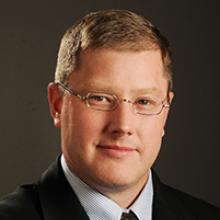Texas 21st Century Community Learning Centers: Year 2 Evaluation Report
Research indicates that afterschool programs can significantly improve youth outcomes in such areas as academic performance, student attendance rates, and incidence of disciplinary actions. The Texas Education Agency (TEA) has implemented a number of state and federally funded afterschool initiatives in Texas, including the 21st Century Community Learning Centers Program (21st CCLC), and is working with AIR to understand their implementation and impact.
The purpose of 21st CCLS programs is to expand the capacity of school districts to create community learning centers that provide additional instruction and support to students and their families in an out-of-school time setting. AIR’s evaluation found that students participating in the Texas 21st CCLC program—also known as Afterschool Centers on Education (ACE)—saw improvements in their Texas Assessment of Knowledge and Skills reading and math scores, fewer disciplinary incidents than non-participating students, fewer school absences, and an increased likelihood of being promoted to the next grade.
Specific findings:
- ACE program participants in 9th through 11th grades were significantly more likely to be promoted to the next grade than non-participants.
- Students who attended the program for 30 to 59 days, were 79 percent more likely to be promoted to the next grade.
- For students who attended the program 60 days or more, the likelihood of being promoted to the next grade increased by 97 percent.
